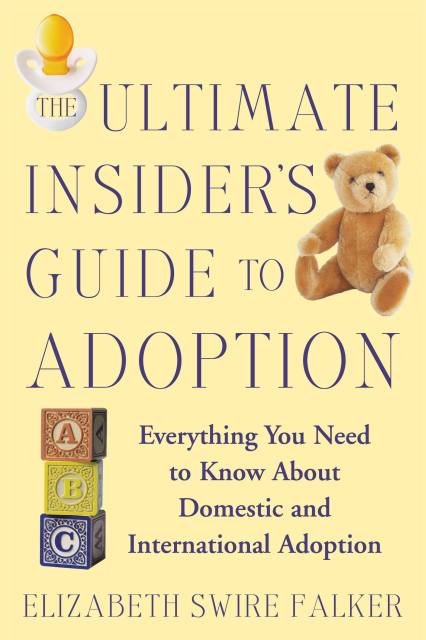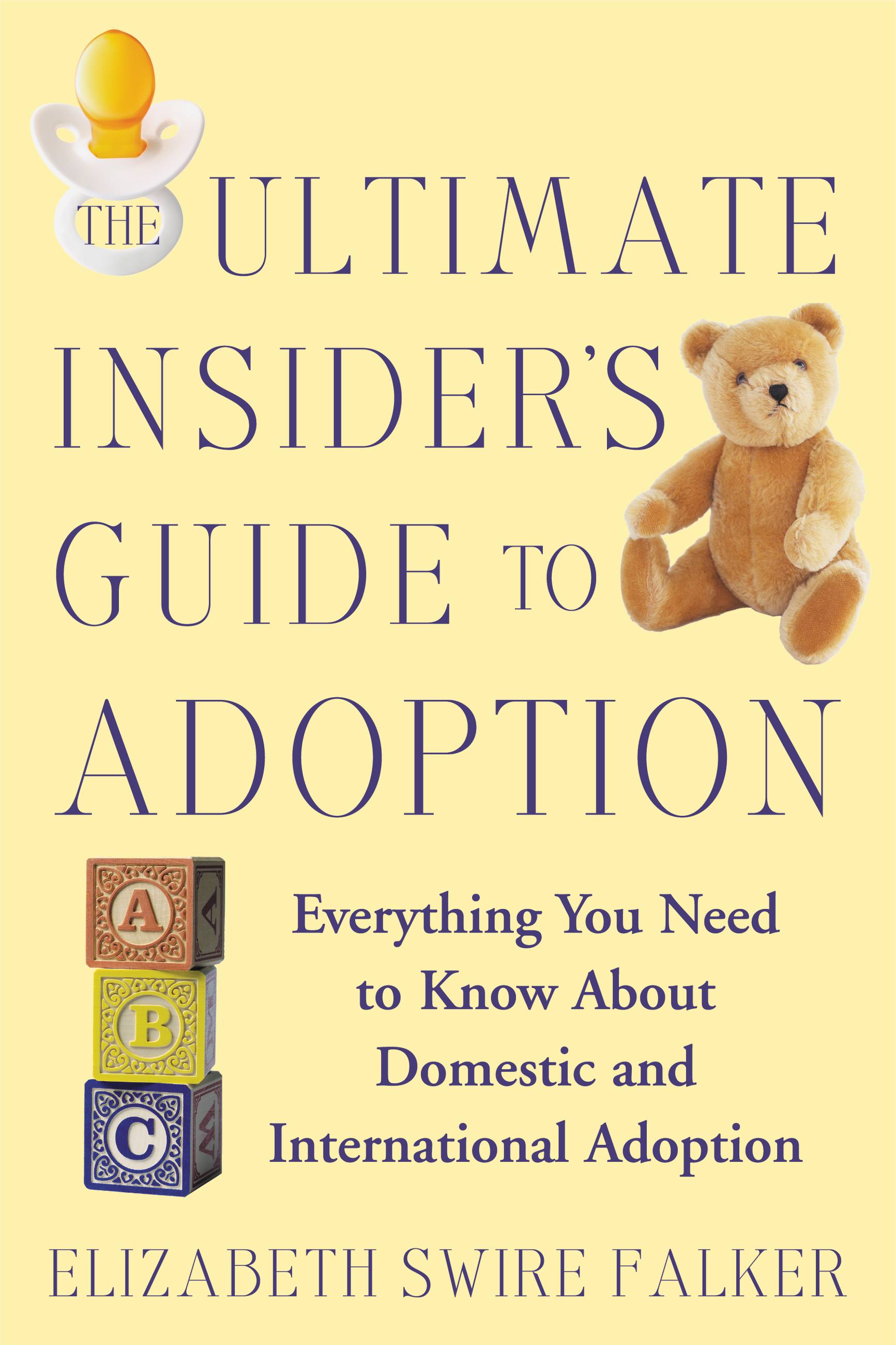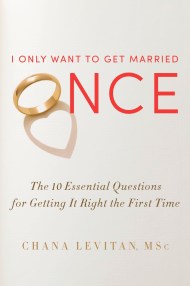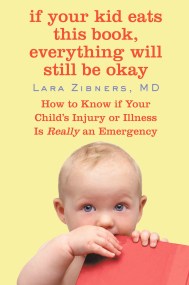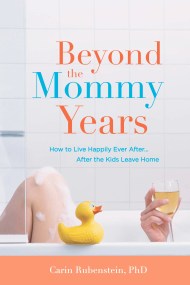By clicking “Accept,” you agree to the use of cookies and similar technologies on your device as set forth in our Cookie Policy and our Privacy Policy. Please note that certain cookies are essential for this website to function properly and do not require user consent to be deployed.
The Ultimate Insider’s Guide to Adoption
Everything You Need to Know About Domestic and International Adoption
Contributors
Formats and Prices
- On Sale
- Jun 27, 2009
- Page Count
- 368 pages
- Publisher
- Grand Central Life & Style
- ISBN-13
- 9780446562300
Price
$10.99Price
$13.99 CADFormat
Format:
- ebook $10.99 $13.99 CAD
- Trade Paperback $21.99 $28.99 CAD
This item is a preorder. Your payment method will be charged immediately, and the product is expected to ship on or around June 27, 2009. This date is subject to change due to shipping delays beyond our control.
Buy from Other Retailers:
This comprehensive, accessible guide leads you with confidence through every decision you’ll have to make during the adoption process — including the ones that you’d never know to expect.
As an attorney who practices in the area of adoption and has worked with hundreds of families, and as an adoptive parent herself, she offers expert advice on each stage of the process.
Complete with checklists, tips, sidebars, and plenty of advice, it shows you how to:
With Elizabeth Swire Falker’s warm yet been-there-done-that voice, The Insider’s Guide to Adoption is sure to become a tried-and-true resource for adoptive parents everywhere.
- Identify which adoption experts you do and don’t need
- Find the right birth mother or choose the right country for your family-and how to spot red flags in potential situations
- Select an attorney or agency and prepare for your home visit
- Finance an adoption on a budget, manage the red tape, and get around the roadblocks
- Navigate all of the complex emotions that surface along the way
Newsletter Signup
By clicking ‘Sign Up,’ I acknowledge that I have read and agree to Hachette Book Group’s Privacy Policy and Terms of Use
